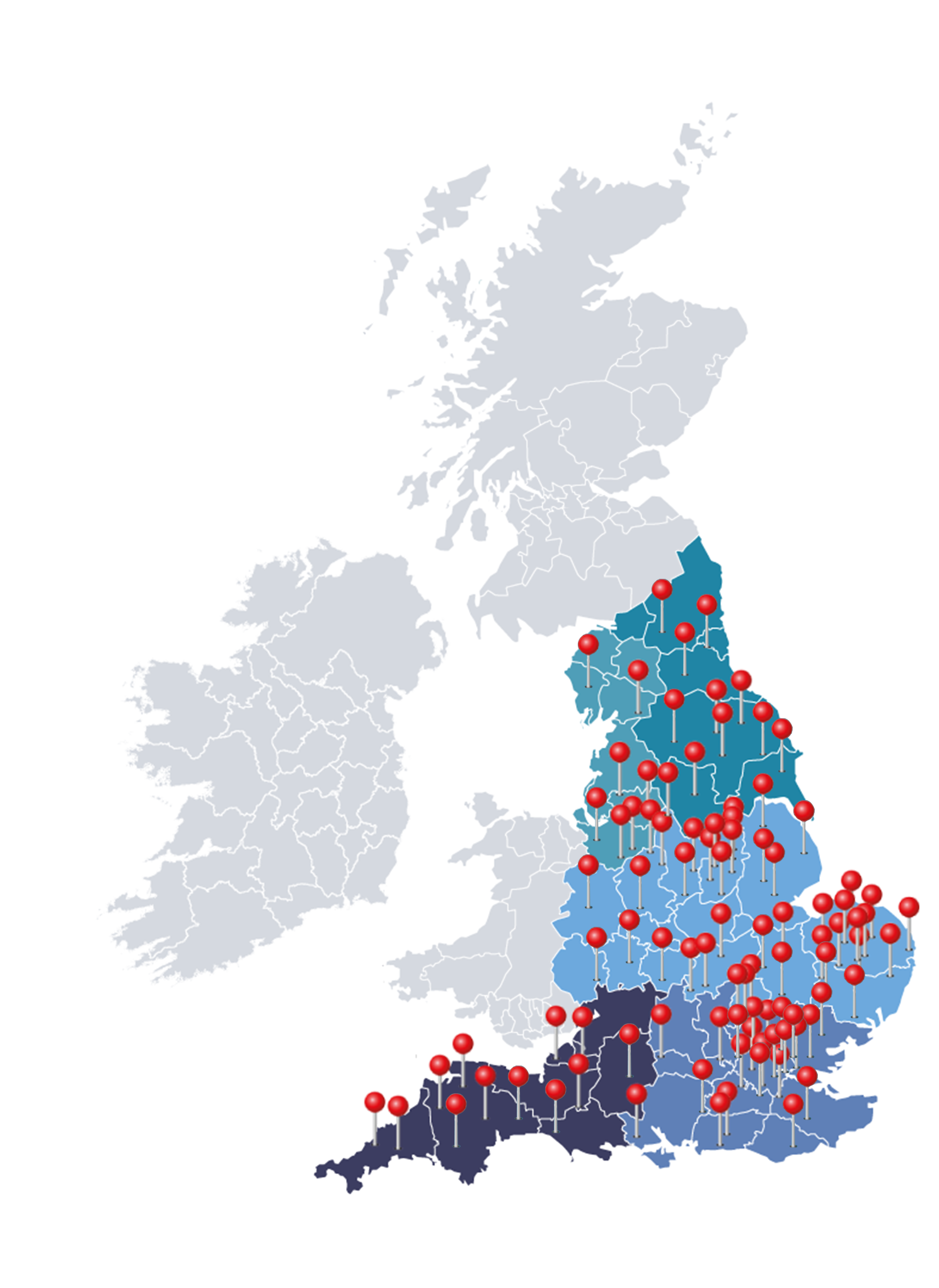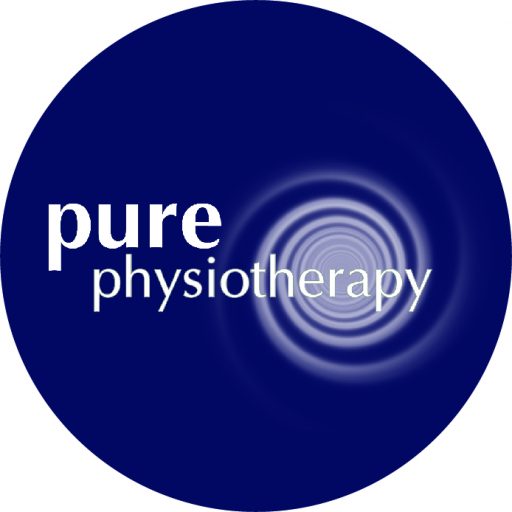Urinary incontinence
The involuntary leakage of urine from the bladder, including; stress urinary incontinence and urge urinary incontinence.
Pure Physiotherapy Limited (PP) understands that your privacy is important to you and that you care about how your personal data is used and shared online. We respect and value the privacy of everyone who visits this website, www.purephysiotherapy.co.uk (“Our Site”) and will only collect and use personal data in ways that are described here, and in a manner that is consistent with Our obligations and your rights under the law.











